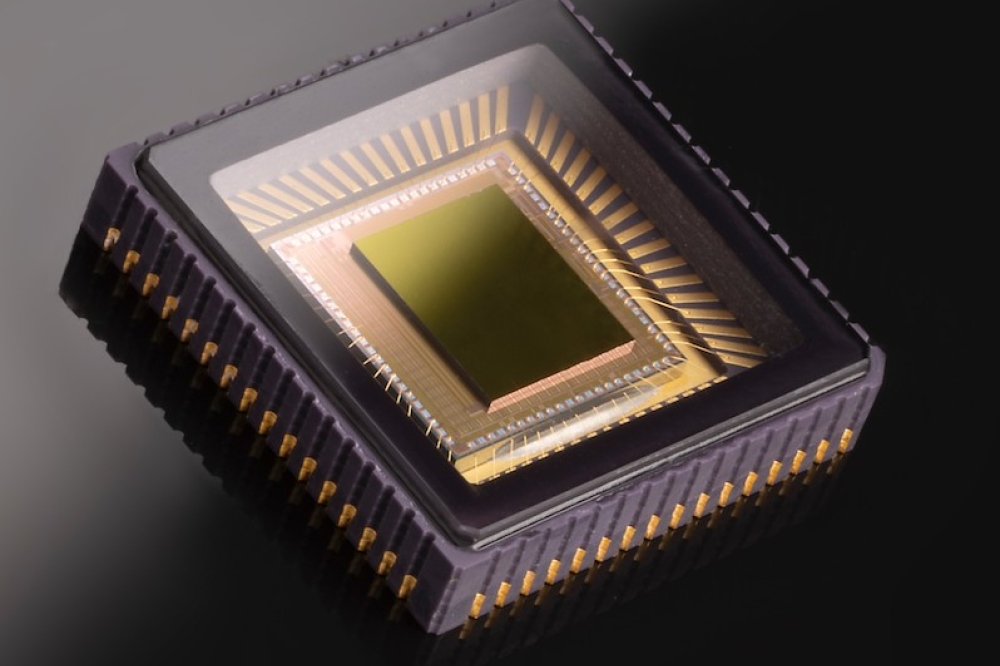APEC 2021: recruiting qualified Tech Paper reviewers

36th annual Applied Power Electronics Conference has opened its Call-for-Papers; Peer-review process is critical to maintaining high quality conference content
APEC 2021, to be held in Phoenix, Arizona, from March 21-25, 2021, continues the long-standing tradition of addressing issues of immediate and long-term interest to the practicing power electronics engineer.
APEC relies upon a peer-review process to ensure the quality of Technical Program Paper submissions. To help maintain this high level of excellence, APEC is reaching out to industry experts to contribute a few hours to review digests in their specific areas of expertise. A link to the reviewer registration instructions can be found on the APEC 2021 homepage.
Peer-review is required by multiple qualified individuals with direct experience in one or more of the topics comprising the conference’s thirteen technical paper tracks:
• AC-DC Converters (Single-Phase and Three-Phase Input, Power Factor Correction, CCM, DCM, CRM/BCM Control, Bridgeless, Embedded AC-DC Power Supplies, External AC-DC Adapters and Bidirectional AC-DC Converters)
• DC-DC Converters (Hard- and Soft-Switched, Resonant Converters, Point-of-Load and Multi-Phase Converters, and Voltage Regulator Modules (VRM) and Bidirectional DC-DC Converters)
• Power Electronics for Utility Interface (Power Generation, Transmission and Distribution, Power Quality, UPS, Filters, Distributed Energy Systems. Smart Grid, Solid-State Transformers, Metering and Bidirectional Grid Interface Converters)
• Motor Drives and Inverters (AC, DC, BLDC Motor Drives, Single- and Multi-Phase Inverters, Sensor Integration, Actuators and High-Performance Drives)
• Devices and Components (Power Silicon MOSFETs, BJTs, IGBTs, GaN HEMTs, SiC MOSFETs and BJTs. Fast Recovery Diodes, Capacitors, Supercapacitors, Interconnects and Fuses)
• Power Electronics Integration and Manufacturing (Power Electronics Packaging, Power Modules / High Density Design, Thermal and EMC Management, Quality and System Reliability, Embedding Technologies, 3D Packaging and Additive Manufacturing, Production Processes and Design for Manufacturability)
• Modeling and Simulation (Circuits and Systems, Device and Component Modeling, Parasitics, Software Tools, Rapid Prototyping)
• Control (Control of Power Electronic Converters, Current-Mode and Voltage-Mode Control, Digital Control, Sensor and Sensor-less Control, Gate Drive Circuits, Control ICs, MCUs, DSPs, FPGAs and ASICs)
• Wireless Power Transfer (Wireless Charging, Energy Harvesting, Power for IoT, Non-Contact Sensors for Power Electronics)
• Renewable Energy Systems (Photovoltaic (PV) Inverters and Micro Inverters, Maximum Power Point Tracking (MPPT), Wind Energy Conversion Systems, Fuel Cells, Grid-Tied Systems, Bidirectional Power Converters, Microgrid Systems, Energy Storage Systems)
• Transportation Power Electronics (Vehicular Power Electronic Circuits and Systems, Power Electronics for Hybrid and Electric Cars, Power Electronics for Aerospace, Charging Systems)
• Power Electronics Applications (Lamp Ballasts and LED Lighting, Network and Telecommunication Power Electronics, Defense and Military Power Electronics, AC-DC-AC Applications and Matrix Converters, Portable Power, Energy Harvesting)
• Magnetics (Advanced Magnetic Materials and Geometries, Magnetics Applications, High-Frequency Magnetics, Additive Manufacturing, Magnetics Modeling and Simulations)


































